Feature
When Tomorrow’s Patron Comes
Consumer expectations have changed, and it’s not enough to be doing the same old thing to bring ‘em in – particularly during restricted trade. Clyde Mooney explores some of the successes and new trends of the new normal hospitality environment.
Entering the twilight of a tumultuous year, people in many parts of the country are making up for lost time, eager to get out and about with friends in public places. In contrast to a deadly virus that has the world ducking for cover, one of the sectors to benefit and thrive under lockdown was technology, and consumers that have eagerly adopted new developments now have new expectations.
While pubs in some states began reopening in June, it was under strict safety conditions and with limited numbers. Gradually these limitations have eased, and by September businesses (outside Victoria) were experiencing solid trade. October went further, up nearly eight per cent on September and recording 9.6 per cent higher than the corresponding period in 2019. The biggest beneficiaries were foodservice businesses, followed by bars.
This data comes from more than 7,000 local venues using advanced point-of-sale (POS) and omnichannel system Lightspeed, such as one of Melbourne’s oldest pubs, Wesley Anne in Northcote.
Lightspeed provides functionality designed to aid running a profitable pub and improve the customer experience through improved front of house management. Patrons can order from their table, with orders sent directly from the customer's smartphone to the kitchen or bar, allowing staff to focus on other things.
“Lightspeed’s customer-facing software is specifically designed to adapt to queues, automate special discounts such as happy hours, and speed up service with integrated ordering solutions,” explains Simon Le Grand, director of marketing and product management.
Another critical function is accurate stock control. Lightspeed allows operators to automate purchasing from suppliers, re-stocking to PAR, while also tracking costs and inventory through an intuitive ‘recipe building’ tool, which translates information into a real-time view on COGS and profit as sales take place.
“Running a pub isn’t like running any other type of business. It
requires a unique set of qualifications and skills, and comes with a huge spectrum of daily responsibilities,” says Le Grand.
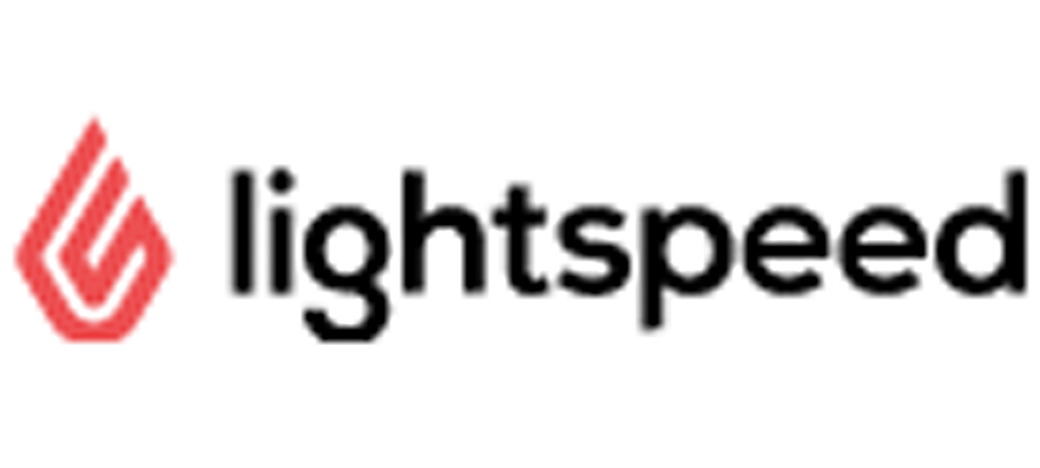
“POS systems specifically designed for pubs that are easy to navigate, robust and connected can increase efficiency and productivity in a big way. Implementing cloud-based POS systems can help unlock any pub’s potential, not only by providing everything needed to run a business in one place, but by saving precious time.”
Australian online ordering platform HungryHungry is an example of a company booming under post-COVID conditions. It was originally built to be both an online ordering platform for pick-up and system for at-table ordering for on-premise diners, but at the onset of COVID-19 – triggering foodservice business around the country to switch to take-out options – HungryHungry pivoted to provide a broader solution, allowing takeaway, delivery and pick-up orders, and even a curb-side contactless pick-up option.
The company is fronted by co-founders Mark Calabro and Shannon Hautot, following their success co-founding OrderMate.
They wanted to help the hospitality industry adapt to the new ‘hands-off’ environment while also helping operators build their online presence – providing marketing tools to empower foodservice businesses. Key metrics are provided in a powerful and customisable dashboard, outlining information such as order type, number of diners, top menu items and revenues.
The platform has ballooned to be processing over 60,000 orders per week, counting pub group clients including Merivale and Icebergs, and HungryHungry recently secured $2 million in Series A funding for further expansion.
Feature
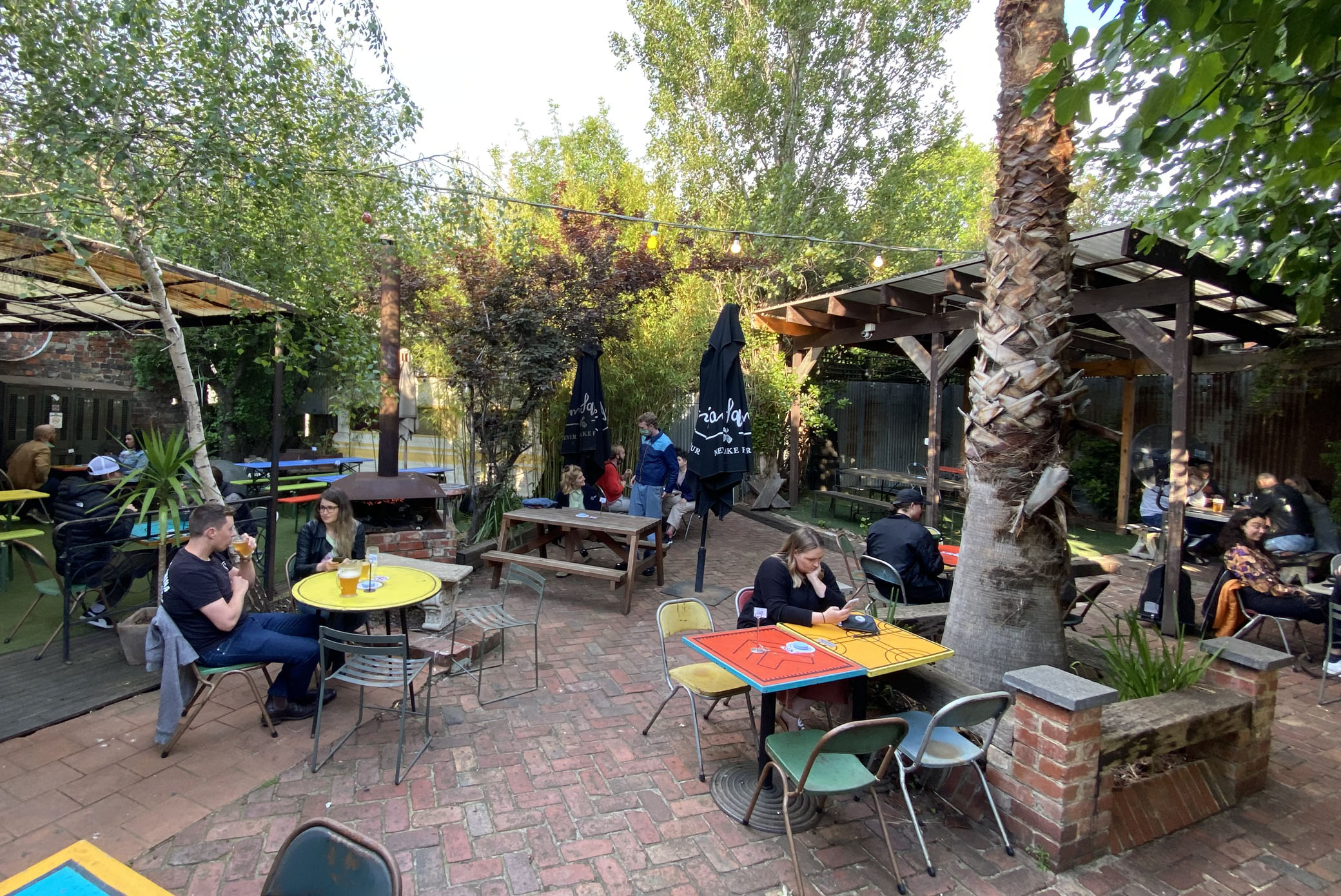
Wesley Anne Hotel, Melbourne
CTC.WTF is Cashless Tap Card - We Transfer Funds, offering a strong, secure payment system that helps merchants avoid liabilities via fraud and illegal activities, and protects customers’ data.
It is also approved by Independent Liquor & Gaming NSW (ILGA) – the first payment solution to assist problems gamblers and assist gaming premises to be ‘responsible’ for their patron's welfare.
Pubs can become cashless with minimal cost and mammoth uplift for residual income, particularly post-pandemic.
CTC is an expansion by its founders out of physical security, aiming to move into technology with the latest digital surveillance equipment designed for pubs. Further opportunity arose beyond venue security, utilising in-house experience from the banking, military and intelligence sectors to develop a stronger online security method, and in early 2019 CTC was incorporated.
The system is already in use at pubs, such as Geoff Janson’s Markets Hotel in Flemington, which saw CTC initiatives as the safest method to adhere with compliance regulations for problem gamblers, while protecting the privacy and welfare of loyal patrons.
Beyond the heightened hygiene environment and the convenience of speed, there are multiple benefits for operators in cashless payments. The greatest advantage is possibly the reduced fear of being targeted for cash, but more frequent might be the protections afforded merchants from fraudulent activities and customer chargebacks.
The company claims its system “eliminates identity fraud” – helping both venue and patron, and reduces or eliminates the need to carry plastic credit or debit cards or line up at an ATM, plus the less appreciated benefit of data security.
“An individual's personal spending habits are being monitored with zero protection of their personal or financial data,” notes Daniel Manu, former Wallaby and CEO of CTC.WTF. “This information is being harvested by banks and marketing companies, who use specific metadata to target individuals for products and services.”
Accommodation has become a major source of revenue in many a modern pub, and the need for Australians to stay at home to
holiday and the trend toward local stays is proving a boon for many regional businesses.
Pub Bookings (PB) aims to make it easy to sell more pub accommodation rooms. Pubs get their own unique web page with booking engine and are allocated a channel manager – all for a competitive, fixed monthly fee. No booking commissions.
The company’s hotel/motel system is designed to convert enquiries into bookings, saving on commissions paid to the powerful travel websites. Accommodation bookings can be quickly made online by guests and they receive instant confirmation of the booking, saving staff time taking phone calls.
A hotel has its own unique web page and address, which can be used to promote other attractions offered and linked to any existing website. Operators can manage it via desktop, laptop or tablet device, benefitting from a modern, responsive site optimised for customer’s mobiles, tablets, laptops and desktop computers.
Key to the functionality is the PB bookings system – an easy to use, cloud-based visual booking diary and calendar, with quick drag and drop functions. Functionality includes automatic update of available rooms and prices to your selected booking websites, with simple close-out of rooms if required for any reason.
The system provides quick payment processing and secure credit card storage, and the ability to connect to Stripe, PayPal and other systems for online payments.
PB says Pub Bookings makes it easy to make bookings and is quick to learn, plus training is provided.
Optimising circumstances
Around the country hospitality businesses are still required to exercise COVID-19 restrictions, ensuring patron numbers comply and people sign in on entry and remain seated. Some jurisdictions, such as NSW, have stipulated COVID safety marshals.
Maggie White, John Studden and Curtis Roberts have run the Kiama Inn Hotel for two years. No longer eligible for JobKeeper, like many pubs they have to employ a marshal with no additional funding – atop reduced trade and a massive hit to revenue for the year. On reopening they found the manager – the most expensive member of staff – was falling into the COVID compliance role.

Feature

Considering how they could better manage the situation, the idea arose to access incentives from the government to employ people who really need it, such as those that have been out of work a long time, young people and people with disabilities.
They teamed up with local employment provider Campbell Page to take on local people struggling to find employment.
“We are helping our local community and in return receive government subsidies to offset the cost of COVID safety marshals,” Maggie White told the Illawarra Mercury.
The Kiama Inn required a total of 49 COVID marshal hours to be filled each week, meaning a job for at least two people. The marshals must have their RSA certificate, but funding for training of these staff is also available.
Amid a global pandemic, Australian R&D in infection control is finding a place around the world. Aeris Active is a broad-spectrum disinfectant cleaner that can be applied to any hard surface and is ideally suited for commercial premises.
It was invented and tested and is manufactured by Aeris Environmental – a laboratory dedicated to developing infection control and prevention products for a wide variety of applications. Aeris Active has been independently tested by authorities recognised locally and globally and was recently added to the Australian Register of Therapeutic Goods (ARTG).
The product has established efficacy in destroying the COVID-19 virus on hard surfaces in 60 seconds and keep them safe for a week. Additionally, it provides residual antibacterial protection for up to 30 days. It is the only product of its kind able to make these claims.
“Aeris Active is an odourless, hospital-grade disinfectant that leaves behind an invisible protective film to keep surfaces hygienically clean and free of COVID-19 and influenza viruses for seven days,” says Aeris Environmental CEO Peter Bush.
“We believe Aeris Active products are the most effective hard-surface disinfectant products in the world, and Aeris Environmental is proud to be able to keep Australian businesses and services safe and operating in these unprecedented times.”
A number of businesses, such as Verandah Bar in Sydney, undertook a deep clean by Aeris Environmental prior to reopening.
“We have received massive amounts of support from our loyal customer base and nothing but positive feedback on how seriously we take our hygiene practises,” says Verandah manager David Thompson. “From having additional Hygiene Marshals to making sure tables are thoroughly sanitized between use, they don’t seem
to mind waiting a little longer for us to get things right.
“There are a lot of negatives that have come out of this pandemic for the hospitality industry, but one massive positive is the interaction and I dare say the respect that customers have towards hospitality workers. They seem to understand that we are working hard to keep them safe and appreciate us going the extra mile.”
GOING THE EXTRA EXTRA MILE
Many publicans tried many things outside their regular business during the pandemic, but few tried and succeeded at more than Marcello Colosimo’s Momento Group, which adapted to ‘the pivot’ like a race car on rails, finding new paths to patrons and new opportunities to meet – even right at home.
“In years gone by people would travel to the city or wherever, but hotels now, it’s almost like we’ve staked out our territory,” explains Jason Jelicich, customer experience (CX) director at Momento. “I think now, with working from home, people are less inclined to travel as far. They’re looking for better and better things – right up the road. At Sarinos, people walk in and say ‘This is awesome – I don’t have to go to the city anymore’. They come the next week with their wife, the week after for their business meeting.
“You’ve got to get your tribe together; keep adapting to them, marketing to them. This is all publican 101, but its degrees of how much you are pursuing that excellence. If that’s your focus you’re going to start running ahead of the race.”
Emily Sedgman manages marketing for Momento’s Bella Vista Hotel, in Sydney’s north-west. While much of the job of marketing a pub in today’s environment is about optimising social media, she says the pub itself is always being tweaked.
“We’re definitely not the Bella we were eight years ago. We’ve expanded our market; we’ve got the sports bar and the women’s lunches and high teas, and brunches, which are not just for ladies, we get families and groups of friends, so it’s a mixture of everyone.
“We don’t want to be known for just one group or type of market. People know that Bella’s for everyone – a local’s pub – that’s what Marcello wants us to be.”
Taking cue from the COVID-safe restrictions, the group has made the most of outdoor spaces, going further to give incentive to isolated groups.
“It’s the ‘experience’ thing,” explains Jelicich. “People want to package something up now. They’ve really gone for a $55 package with set menu and bottomless cocktails, where they sit with their friends and get everything. That’s just grown and grown.”
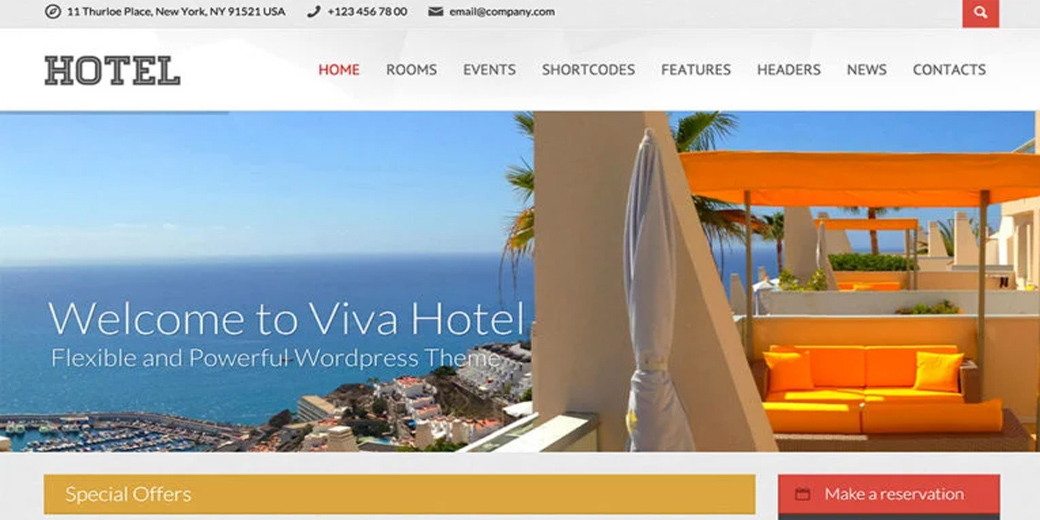
Feature
“You’re selling the experience, as opposed to just a plate of food,” furthers Sedgman.
While there is some discounting on the package, Momento is finding greater overall spend by these package patrons, who don’t feel the need to go, tending to stay longer or buy further drinks.
More of the larger and progressive pub groups are choosing to incorporate a CX director, overseeing proactive and proven methods of improving customer satisfaction, and in turn, business profit. Momento was similarly one of the first groups in Australia to work with international customer management platform SevenRooms.
Jelicich says he was running two different metric systems measuring customer feedback, one that aggregated online revues and an in-venue rating system. The process was time-consuming and it was difficult to coordinate the different metrics. Using SevenRooms one person at each venue produces their own report in five minutes, simply specifying the date range and noting key data. The reports are then tabled at weekly management meetings, and actions put against those things needing attention.
“You’ve got to cover that stuff. You’ve got to be aware of customer sentiment and reviews, but if you’re fragmented in terms of data sources it can easily just get lost; everyone’s talking about upcoming bookings and staff issues, and suddenly people don’t get replied to and no-one notices you’ve dropped 1 point in the review rankings.”
Ensuring customer feedback is addressed quickly and effectively not only reduces the likelihood of a negative review, but in turn prevents potential future customers who might have seen that review being turned off.
“It’s a high-tech business these days, you need a full tech marketing department now to compete.”
SevenRooms is a multinational company used in more than 250 cities worldwide. The system offers a fully-integrated, data-driven guest experience platform to help hospitality operators maximise patrons and revenues.
On the principle that it’s easier to retain repeat business than generate new customers, it empowers operators to build more profitable direct and personal relationships with patrons – maximising profits, building brand loyalty and cultivating exceptional experiences.
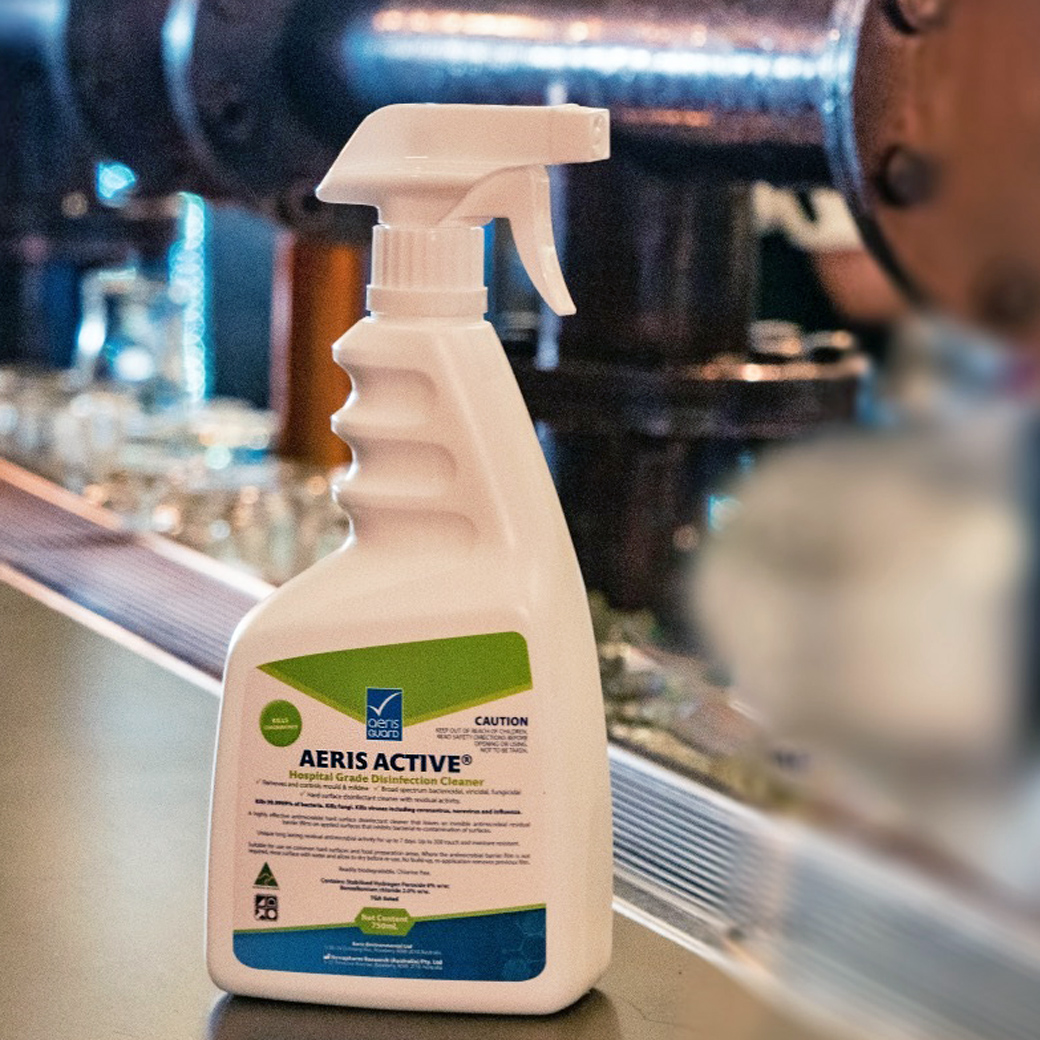
The CRM-driven platform includes: reservations, waitlist and table management, online ordering, and contactless ordering and payment. It also manages the venue’s reputation management and marketing automation, and provides a “360-degree view” of information, in real time, that helps turn one-off visitors into regulars, through data.
Founded in 2011, SevenRooms launched in Australia in September. It counts major hospitality clients such as MGM Resorts International, and is working with Australian groups at a time it suggests the need for a comprehensive, end-to-end platform has never been greater.
In October it was announced the company had partnered with Australian Venue Company (AVC), to deploy the SevenRooms platform across its national network of 155 venues by the end of the year. AVC cites intent to use it to cover reservations, waitlist and table management, reputation management and automated marketing, allowing Australia’s second-largest pub group to offer guests personalised experiences that recognise their preferences and reward their patronage.
“As a customer-obsessed hospitality group, the SevenRooms platform will allow us to gain a holistic understanding of every guest so we can enhance their experience and provide the meaningful moments that keep them coming back,” offers Paul Waterson, AVC CEO.
Feature
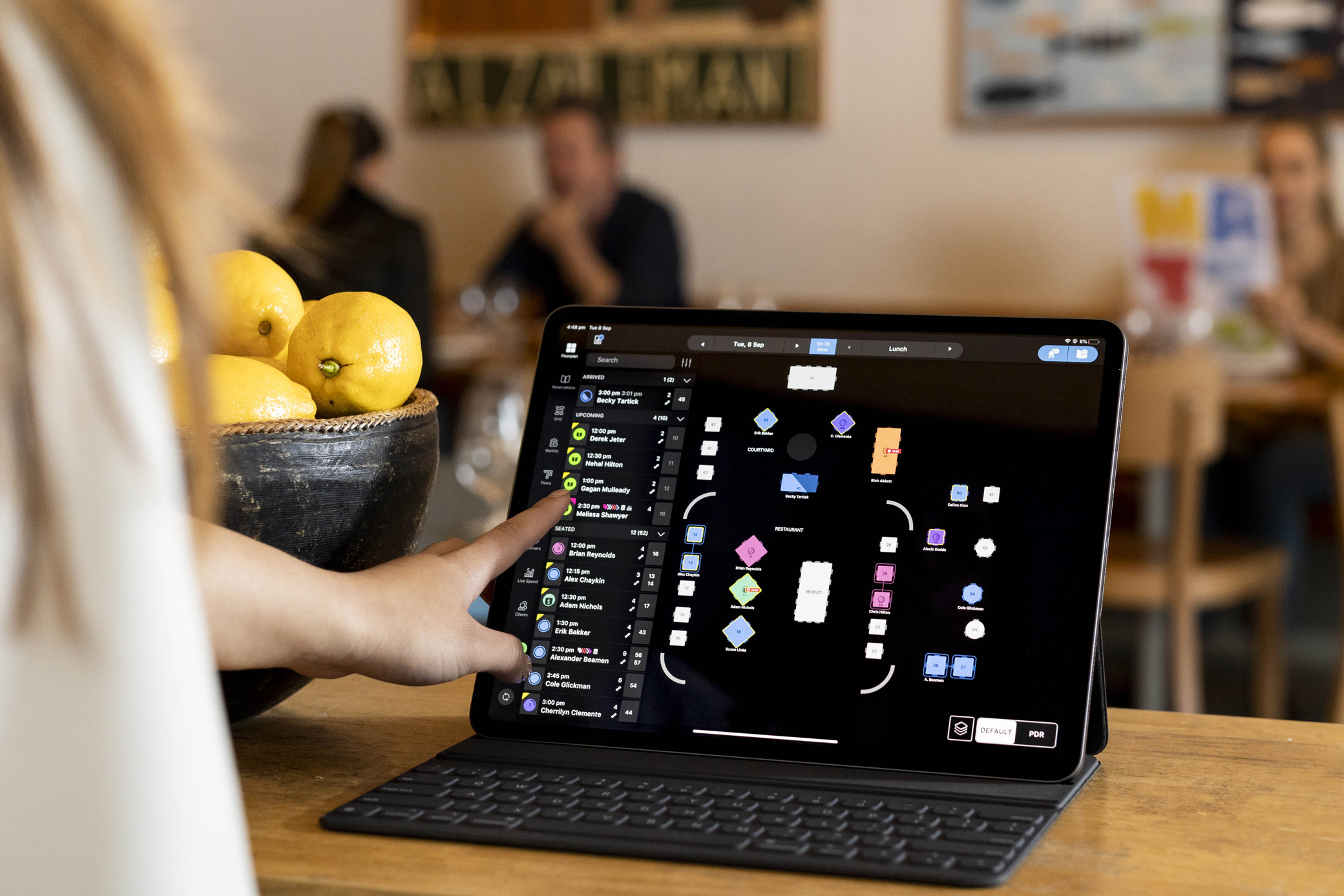
AVC has already initiated a number of new internal practises for the COVID environment, based in its “safe socialising policy”. There is a COVID marshal rostered every shift, and every venue gets a ‘deep clean’ at night. Staff are temperature-checked prior to starting work, and many shared items and dishes have been removed in place of individual servings.
The group reports finding customers want bookings more than ever and has begun receiving requests for smaller, seated Christmas parties over large-scale cocktail events. It sees tech solutions as continuing to play a bigger role in today’s data-driven environment, hoping to achieve systems such as a venue manager automatically notified in real time when a VIP (one of AVC’s locals or regulars) enters the premise.
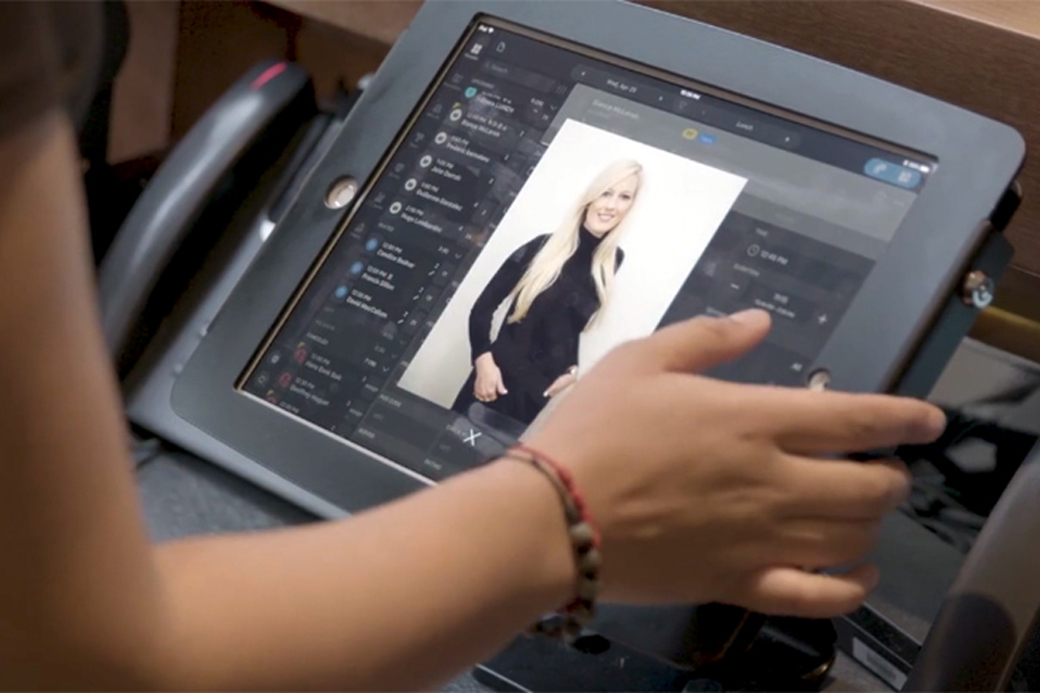
“Technology will continue to play a crucial role in the success of hospitality businesses in the future. Leveraging technology, we can better understand our customers and provide more personalised marketing and experiences in-venue.”
The recently released Restaurant Reckoning: Australia report from SevenRooms, conducted by YouGov mid-September amongst a nationally representative sample of 1,064 over-18 Australians, provided in-depth research into the changing expectations of Australian diners.
It found Australians reporting that dining out allows them to help their local community, reminds them of better times, and will help them feel “normal” again. But, in the current environment, 31 per cent of people say the venue’s health and safety guidelines are important to their choice, compared to 37 per cent stipulating the range and quality of the offering.
Nearly a third of those surveyed believe dining operations should not open unless utilising technology to protect guests, such as virtual waitlists, contactless order and payment systems, and QR tracking codes. SevenRooms notes personalised service was also found to be a top priority, with many seeking venues where menu, experience and delivery promotions are tailored to dietary restrictions and preferences from previous visits.
“According to our research, Australian diners want venues to create safe, tech-led environments while providing meaningful, unique experiences,” furthers SevenRooms GM Australia Paul Hadida.
“They want a personalised level of service that understands their needs, rewards their patronage, and builds deeper trust that turns on-time guests into long-term regulars.
“Our industry is at a crossroads, and technology will be essential in helping businesses navigate this new era of hospitality.”
